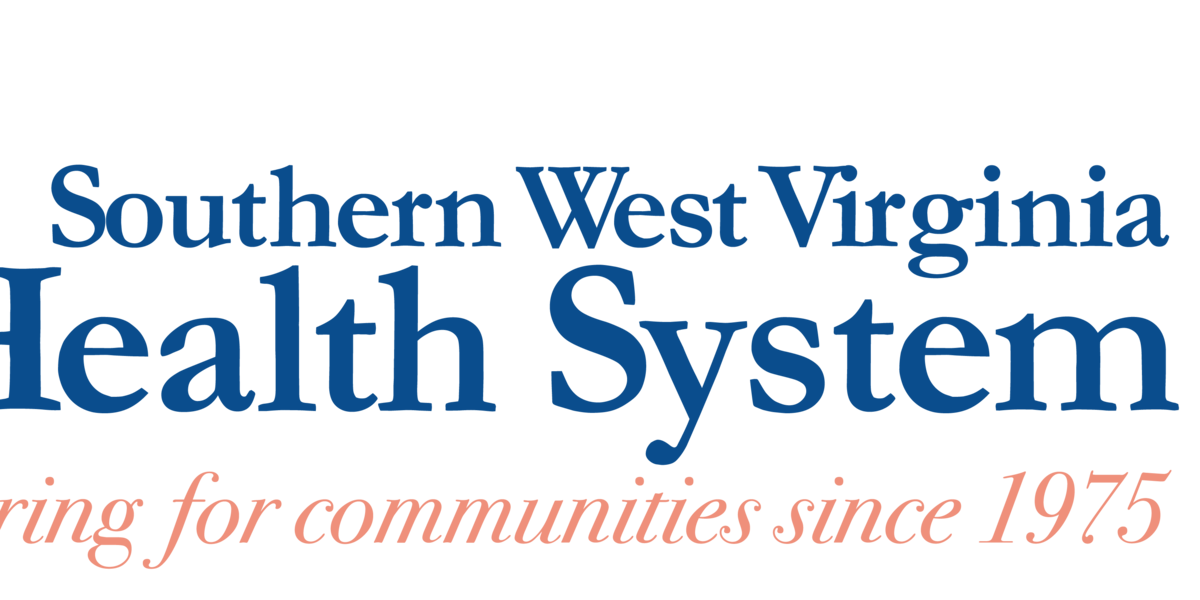Texas Floodwaters: Hidden Health Risks Could Linger for Months, Warn Experts

The devastating floods in Texas have left a trail of destruction, but the immediate aftermath is just the beginning. Experts are warning that the receding floodwaters pose a significant and prolonged threat to public health, potentially impacting communities for months to come. While the focus is understandably on rescue efforts and immediate safety, understanding these hidden risks is crucial for a full recovery.
The Toxic Brew: What's Lurking in the Water?
Floodwaters aren't just water; they're a complex cocktail of contaminants. As waters rise, they sweep up everything in their path – debris, sewage, chemicals, and agricultural runoff. This creates a breeding ground for harmful bacteria, viruses, and parasites. Common contaminants of concern include:
- Bacteria & Viruses: E. coli, Salmonella, and Hepatitis A are just a few examples that can cause gastrointestinal illnesses, skin infections, and more serious health problems.
- Chemicals: Industrial chemicals, pesticides, and fertilizers can leach into the water, posing risks of acute poisoning or long-term health effects.
- Sewage: Overwhelmed wastewater treatment systems release raw sewage into floodwaters, introducing pathogens and pollutants.
- Mold: As floodwaters recede, the dampness creates ideal conditions for mold growth, leading to respiratory problems and allergic reactions.
Who's at Risk?
While everyone is potentially vulnerable, certain groups face higher risks:
- Children: Their developing immune systems are more susceptible to infections.
- Elderly: Age-related immune deficiencies increase vulnerability.
- People with Pre-existing Conditions: Those with weakened immune systems or chronic illnesses are at greater risk of complications.
- First Responders and Cleanup Crews: Prolonged exposure to contaminated water increases their risk.
Health Risks and Symptoms
Exposure to floodwater can lead to a range of health problems, including:
- Skin Infections: Rashes, sores, and other skin irritations.
- Gastrointestinal Illnesses: Diarrhea, vomiting, and stomach cramps.
- Respiratory Infections: Coughing, wheezing, and shortness of breath.
- Eye Infections: Redness, itching, and blurred vision.
- Mold-Related Illnesses: Allergic reactions, asthma attacks, and other respiratory problems.
Protecting Yourself and Your Family
Here are some crucial steps to take to minimize your risk:
- Avoid Contact: Stay out of floodwaters whenever possible.
- Wash Thoroughly: If you come into contact with floodwater, wash your hands and exposed skin with soap and clean water for at least 20 seconds.
- Disinfect: Disinfect surfaces that have been in contact with floodwater.
- Boil Water: Boil water for at least one minute before drinking or using it for cooking.
- Seek Medical Attention: If you experience any concerning symptoms, consult a doctor immediately.
- Be Aware of Mold: Inspect your home for mold growth and take steps to remediate it.
Long-Term Recovery and Public Health Efforts
Addressing the long-term health impacts of the Texas floods requires a coordinated effort. Public health officials need to monitor water quality, provide education and resources to communities, and ensure access to medical care. The recovery process will be lengthy, but by understanding and mitigating these hidden health risks, we can help Texans rebuild their lives and communities.






